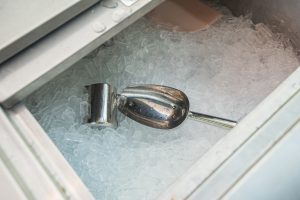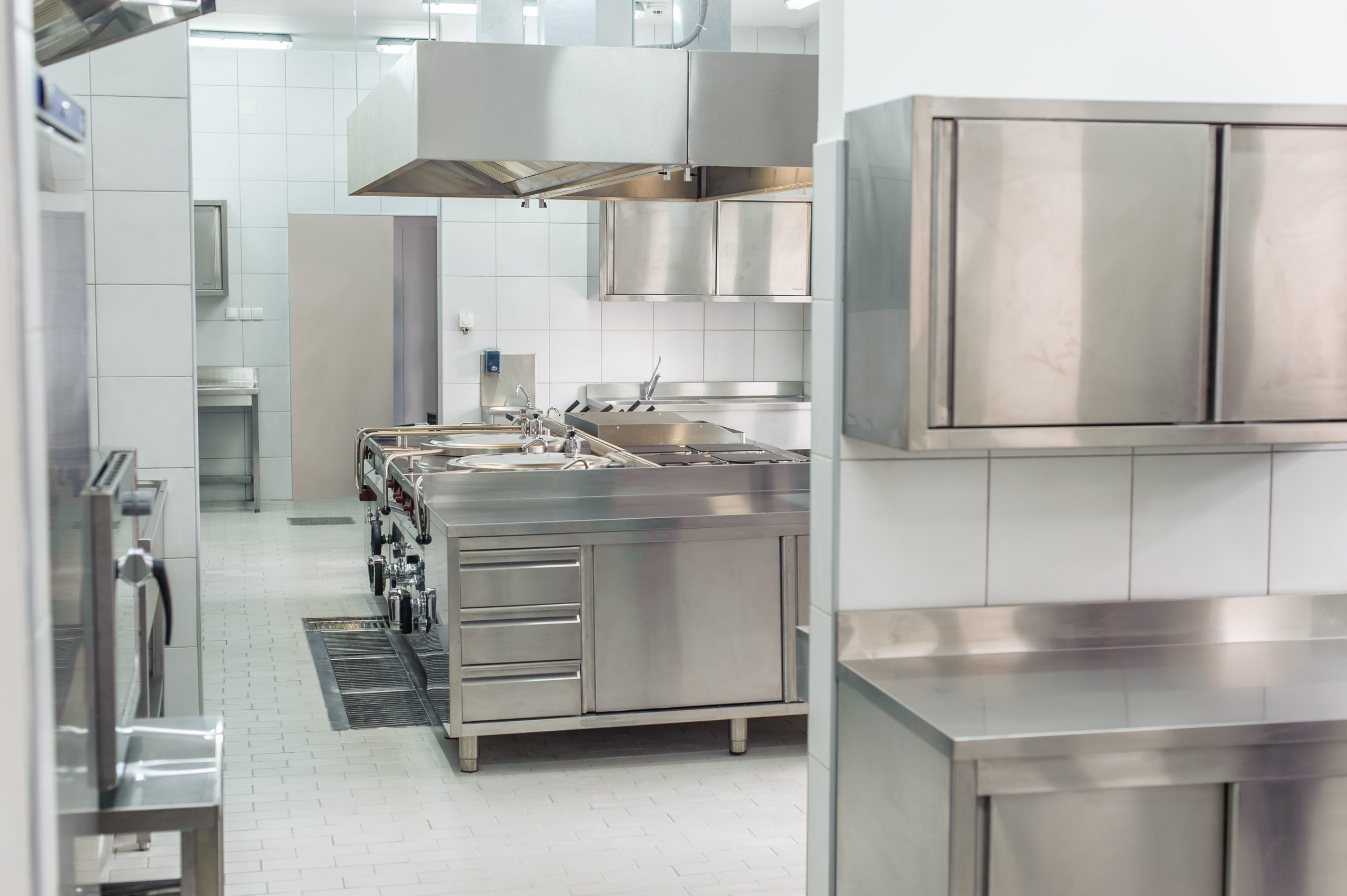Energy Saving in Commercial Kitchens: 6 Tips
Energy saving in commercial kitchens is an important concern, considering energy costs are a large portion of the operating costs of a business. Energy prices are rising and after the economic challenges of the pandemic, businesses are doing all they can to reduce the energy usage of their commercial kitchen.
There are some relatively simple steps that can be implemented for energy saving in commercial kitchen and, in turn, save you money:
1 – Consider Your Appliances

The energy efficiency of appliances can differ greatly between different makes and models. This should be one of your first considerations when thinking about the energy efficiency of your commercial kitchen. This is an important consideration to have at the set-up stage of the commercial kitchen, if this is something that you have control over, rather than trying to replace equipment in the future. While cheaper appliances can save you money in the short term, they generally have a lower energy efficiency which can cost you thousands of extra dollars per year on your electricity bill.
2 – Organise Your Kitchen Layout
The actual layout of your kitchen, and the location of your equipment can have a big bearing on how energy efficient your commercial kitchen is. It can be beneficial to think of your equipment in two categories: either “heat producing” or “cooling”. Having your ice machine directly next to your fryer, for example, is not ideal as both pieces of equipment will have to work harder to maintain their necessary temperatures, thus using more energy and becoming more susceptible to breakdowns.
Creating separate zones in your kitchen layout for heat producing and cooling equipment can help to minimise your energy costs and the likelihood of equipment breakdown. Furthermore, ensure that you are following all manufacturer recommendations in relation to ventilation space around units to ensure they are operating efficiently.
3 – Turn Appliances Off When Not in Use
This might seem like a simple one, but not all establishments follow this: turn off equipment when not in use, where possible. Try to monitor your kitchen usage patterns and create a startup/shutdown schedule to ensure that equipment is only on when it is in use. It might be beneficial to invest in smart technologies that can start up and shut down your equipment manually according to a schedule you set. This means it doesn’t have to be constantly monitored but can still save you money in energy costs.
4 – Create an Energy Efficient Culture Through Training
While some employees may be mindful of their energy consumption already, it is beneficial to train employees and to encourage an ‘energy efficient culture’ in your commercial kitchen. This might be achieved through the introduction of new policies/procedures and behavioural changes such as closing fridge/freezer doors when not in use, turning off equipment when not in use (as point above), turning off lights when not needed etc. It is important that any energy saving procedures are clearly defined in an employee handbook so that new employees are aware right from the start.
5 – Switch to Renewable Energy Where Possible

Renewable energy is a great option for commercial kitchens that wish to reduce their energy usage. This may be through investing in your own technology such as solar panels or by contacting your energy provider. While this might not reduce your energy bills (at least in the short term), it can help reduce the amount of fossil fuels being used and create positive morale in your staff by reducing your carbon footprint.
6 – Maintain and Clean Equipment Regularly
Equipment maintenance is a very important step in reducing your energy usage in a commercial kitchen. If this isn’t done regularly and thoroughly, your equipment is probably working harder than it needs to be which increases energy consumption and puts your equipment at an increased risk of breakdown.
For example, refrigerator condenser coils are an area that becomes easily clogged with dust, dirt and grime over time and makes it harder for your coolroom to remain at food-safe temperatures. Not only is this costing you money on your energy bill, it can have serious implications for your food safety.
Jaymak are the trusted professionals in equipment hygiene services with more than 23 years’ experience. Jaymak is the only ISO 22000 and ISO 9001 certified company in Australia for specialised cleaning services to the hospitality, healthcare, and food sectors.
If you don’t know where to start with your equipment hygiene and maintenance, reach out to Jaymak today! We can assist you with an effective, certified and professional food safety management system.
References:
How your commercial kitchen can save energy and reduce its carbon footprint – Ecocanopy
10 Tips for Conserving Energy in Your Restaurant (webstaurantstore.com)
Comments are closed.

